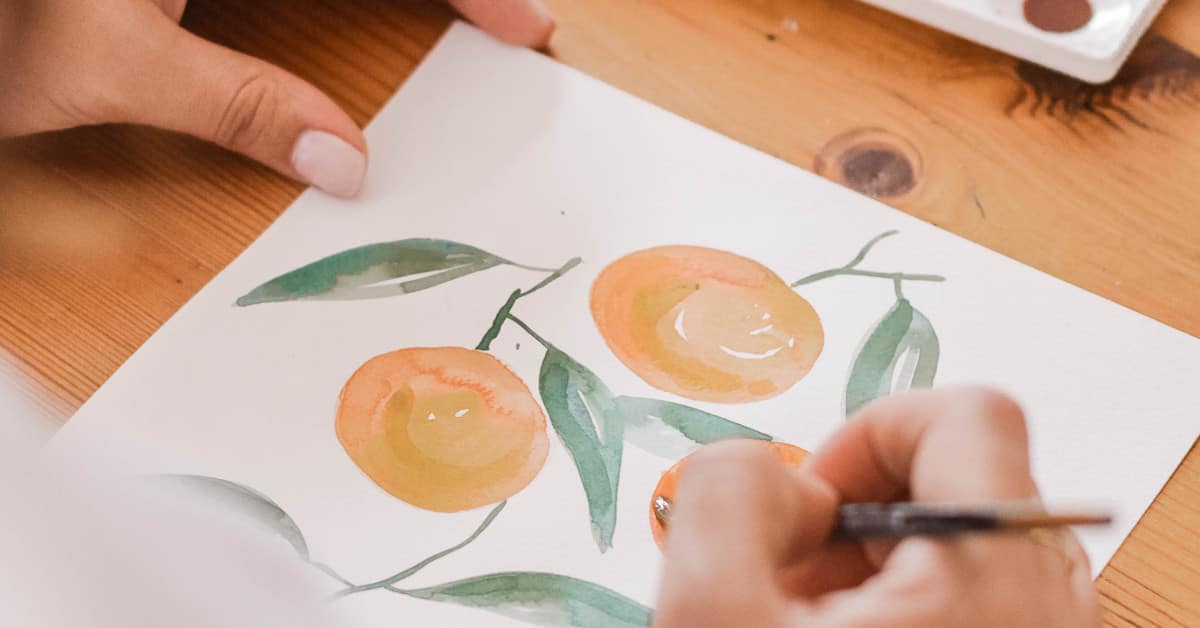Learn how gratitude journaling can improve your mental health and wellbeing, and discover simple tips to start your own gratitude practice.

In today’s fast-paced and often stressful world, it’s easy to overlook the good things in our lives and focus on the negative. However, cultivating a daily gratitude practice can help shift our perspective and improve our mental health and wellbeing.
One of the most effective ways to cultivate gratitude is through journaling.
In this blog post, we’ll explore the benefits of gratitude journaling for mental health and provide tips for starting your own practice.
- What is gratitude journaling?
- Benefits of gratitude journaling for mental health
- Tips for starting a gratitude journal
- Gratitude journaling prompts
What is gratitude journaling?
Gratitude journaling is a simple yet powerful practice that involves writing down things you are grateful for on a regular basis.
This can be done in a physical journal or digitally, whichever works best for you.
The key is to make it a daily habit, ideally in the morning or before bed.

Benefits of gratitude journaling for mental health:
Improves mood:
Expressing gratitude has been shown to increase feelings of happiness and positivity, and reduce symptoms of depression and anxiety.
By focusing on the good things in our lives, we can shift our mindset to one of abundance and contentment.
Increases resilience:
Gratitude journaling can also help us cope with challenges and setbacks more effectively. By focusing on what we have rather than what we lack, we can cultivate a sense of resilience and inner strength.
Enhances relationships:
Expressing gratitude towards others can strengthen our relationships and improve our social connections.
When we show appreciation for the people in our lives, they are more likely to feel valued and supported.
Boosts self-esteem:
Regularly acknowledging our own strengths and accomplishments can boost our self-esteem and confidence. This can help us feel more empowered to tackle challenges and pursue our goals.
Tips for starting a gratitude journal:
- Choose a journal:
Decide whether you prefer a physical or digital journal. Choose a notebook or app that you like and that feels inviting to write in.
- Set a regular time:
Schedule a regular time each day to write in your journal, whether it’s in the morning, at night, or during a lunch break.
- Start small:
Begin by writing down three things you’re grateful for each day. This can be as simple as a good cup of coffee, a friendly conversation with a colleague, or a beautiful sunset.
- Be specific:
Try to be as specific as possible when expressing gratitude. Rather than just saying “I’m grateful for my family,” for example, you could write “I’m grateful for my sister’s support during a tough time.”
- Mix it up:
Vary your gratitude practice by focusing on different themes each day, such as relationships, nature, or personal accomplishments.

Gratitude journaling prompts:
It can be difficult to know where to start with gratitude journaling, so this list of prompts should help you make a start.
- What are three things you’re grateful for today?
- Who are the people in your life that you’re grateful for and why?
- What are some small pleasures in life that you often take for granted?
- What are some challenges or difficult experiences that you’ve grown from and can be grateful for?
- What are some moments in your life that you’ve felt proud of and grateful for?
- What are some ways in which you’ve made progress towards your goals or personal growth, and why are you grateful for these steps?
- What are some moments or experiences that you’ve found beautiful or awe-inspiring, and why are you grateful for them?
- Who are some role models or inspirations in your life that you’re grateful for, and what qualities do they embody that you admire?
- What are some ways in which you’ve been able to help others, and why are you grateful for these opportunities?
- What are some things about yourself that you’re grateful for, and why?
Gratitude journaling is a simple yet powerful practice that can have numerous benefits for your mental health and wellbeing.
By taking a few minutes each day to focus on the good things in our lives, we can cultivate a more positive and resilient mindset. So why not give it a try and start your own gratitude practice today?





